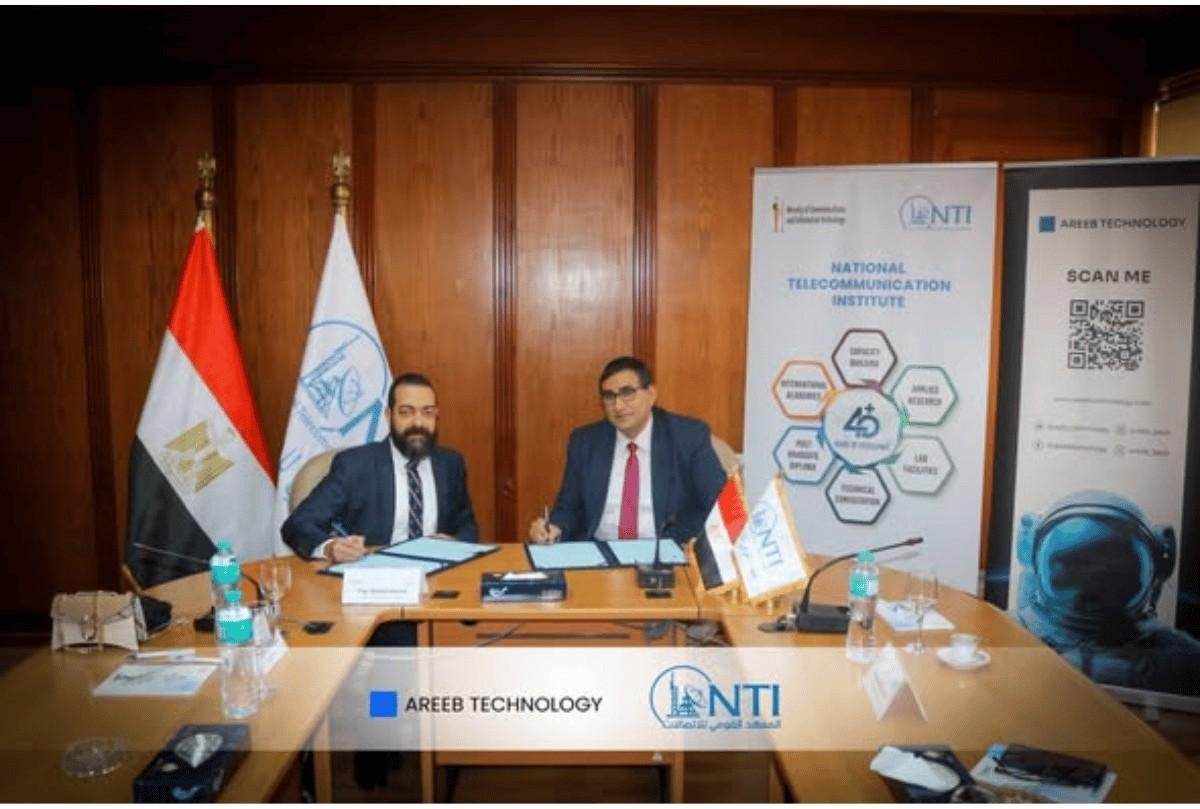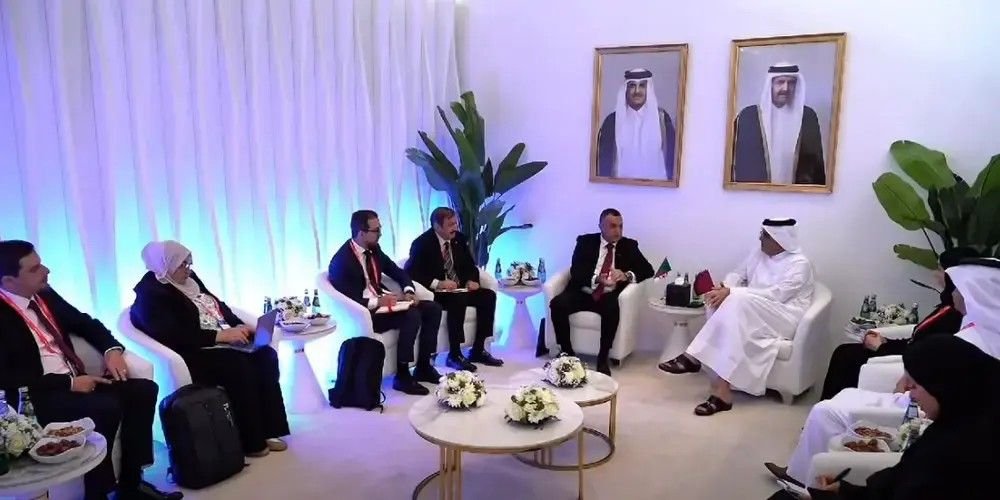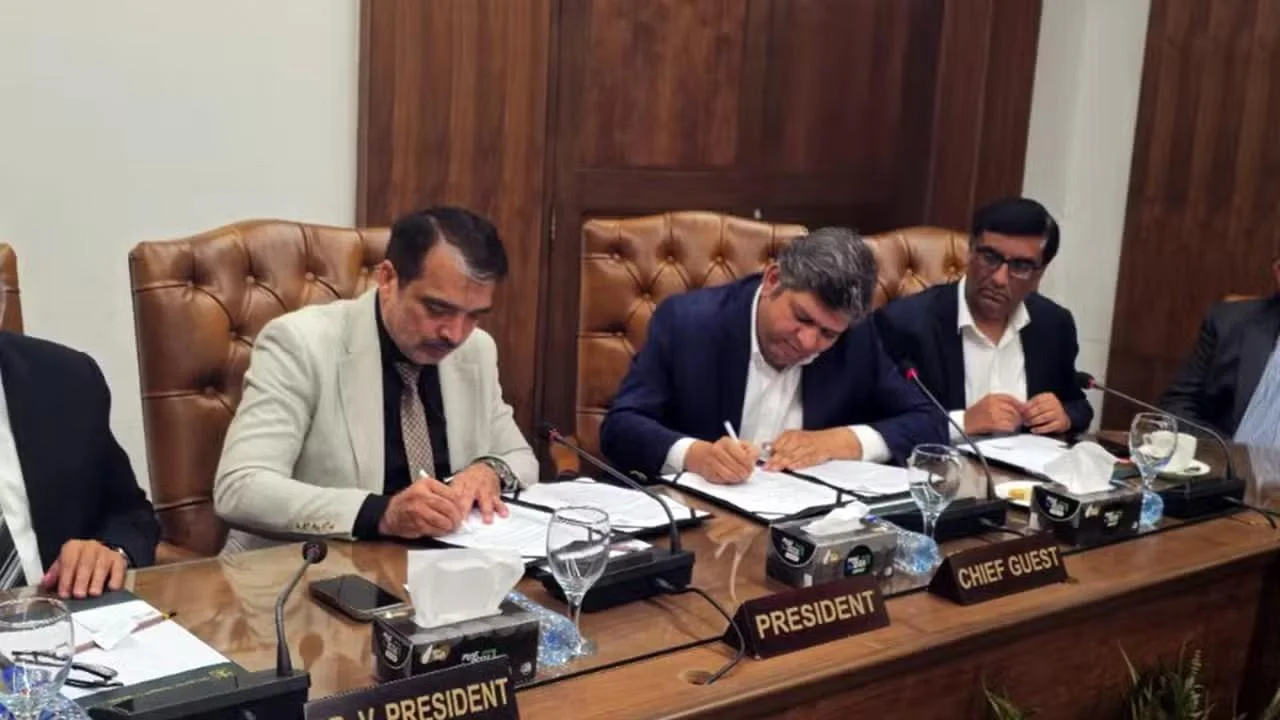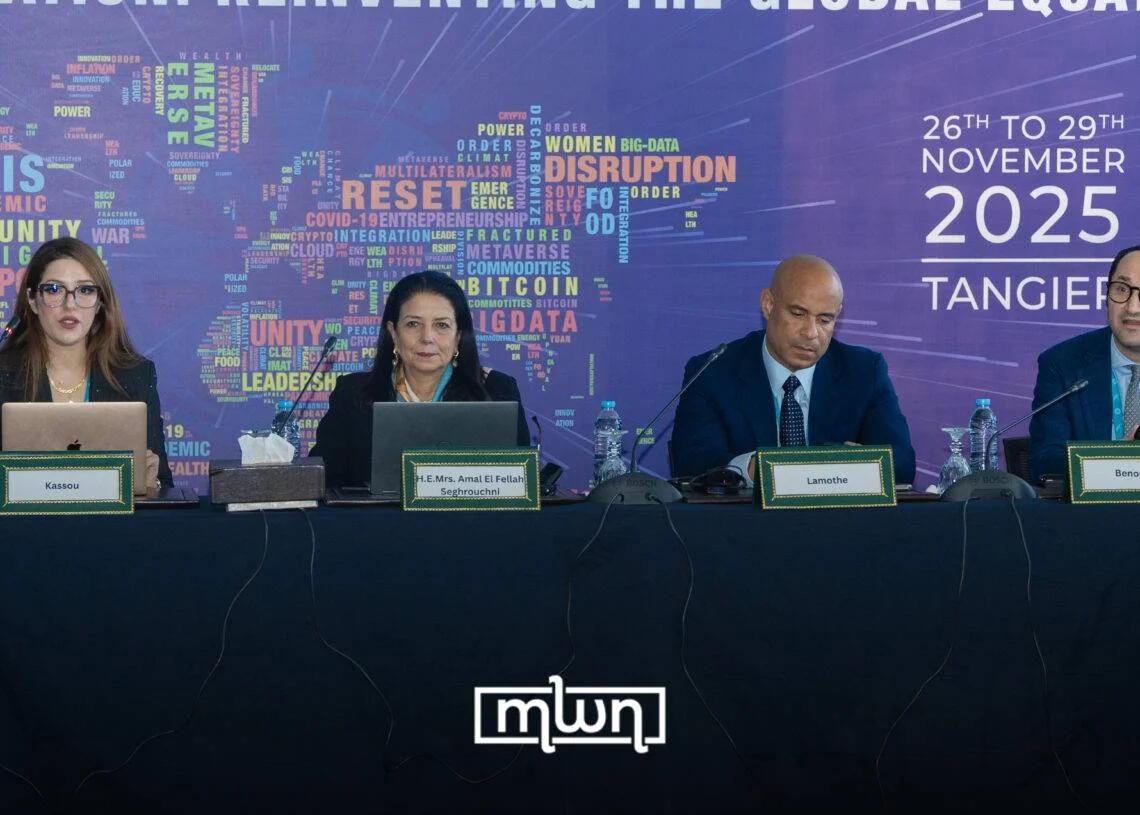Nigeria is on a path to diversify its economy beyond its dependence on oil and gas exports, leveraging digital technology as a key driver. Recognizing the importance of broadband internet access in fostering digital economic growth, the Nigerian government has introduced the Nigerian National Broadband Plan 2020 – 2025. This plan aims to enhance internet connectivity across the country, with the goal of achieving minimum data download speeds of 25Mbps in urban areas and 10Mbps in rural areas. By 2025, the plan targets effective coverage for at least 90% of the population, with internet data priced at no more than N390 per 1GB—equivalent to 2% of the median income or 1% of the minimum wage.
7 Free Public Wi-Fi Initiatives in Nigeria
To support this vision, the Nigerian government is rolling out free broadband internet access in 75 public locations, including 20 airports, 43 university campuses, and six marketplaces across the 36 states of the Federation. Additionally, multiple state governments are deploying free public internet access points using the Wi-Fi open standard protocol, enabling citizens to get online with ease.
Below are seven verified free Wi-Fi initiatives across Nigeria:
- Anambra State: Solution Wi-Fi Initiative
Launched in February 2024 by the Anambra State government, this initiative provides free Wi-Fi at three key locations in Awka: Aroma Junction, Book Foundation, and UNIZIK Back Gate. Users can access one hour of free internet daily. The broader plan includes expanding broadband access to schools and public libraries through partnerships with development organizations. - Lagos State: Parks Wi-Fi
Introduced in May 2017 as part of the Smart City initiative, Lagos State offers free public Wi-Fi in various parks, including Ndubuisi Kanu Park in Ikeja and Muri-Okunola Park on Victoria Island. This service enhances visitors’ recreational experiences and helps bridge the digital divide within the state. - Ekiti State: Public Parks Internet Project
As part of its digital transformation agenda, Ekiti State rolled out free public Wi-Fi in government offices and public parks in 2023. This initiative is part of the Ekiti Knowledge Zone, aimed at transforming the region into a hub for digital innovation, supported by African Development Bank (AfDB) funding in 2024. - Edo State: Free Wi-Fi Initiative
The Edo State Government launched a 24-hour free Wi-Fi service in June 2023, covering public ministry offices and recreational spots in Benin City. This initiative seeks to enhance government-citizen engagement and improve residents’ access to digital services. - Rivers State: GovSim Network
Launched in November 2023, this initiative offers free Wi-Fi in public areas in Port Harcourt, starting with locations like Lagos Bus Stop and Old Port Harcourt Town. The service is available on GovSim Network 1, 2, or 3. - Ogun State: WiFi-Enabled Buses
Ogun State introduced Wi-Fi-enabled buses in Abeokuta and routes to Lagos, helping commuters stay connected on the go. Plans are underway for a broader public Wi-Fi initiative to provide free internet access across various public areas. - Raven Bank: Feather Internet Initiative
Starting in August 2023, Raven Bank’s Feather Internet Initiative provides free Wi-Fi across Nigerian campuses, beginning with the Ignatius Ajuru University of Education. The initiative has expanded to other universities, aiming to empower over 400,000 students by enhancing their access to high-speed internet, thus improving academic performance and reducing the digital divide.
Challenges and Regulation of Public Wi-Fi in Nigeria
While these initiatives are commendable, the Free and Public WiFi Initiatives in Africa, Asia, and the Pacific report highlights that many free public Wi-Fi projects are used as marketing tools rather than sustainable, long-term solutions. There is often a lack of follow-up to assess the success and impact of these initiatives on the communities they serve.
To address these challenges, the Nigerian National Information Technology Development Agency (NITDA) has introduced the Public Internet Access Regulation Framework. This framework ensures that public internet services across Nigeria are accessible, secure, and of high quality. Key components of the framework include:
- Regulation and Licensing: Establishing licensing requirements for public internet access points to ensure compliance with national standards.
- Security and Privacy: Implementing measures to protect users’ data and privacy.
- Quality of Service: Setting standards for the quality of internet services provided to the public.
- Accessibility: Promoting internet availability in underserved and rural areas.
Nigerians are encouraged to verify that free Wi-Fi services are registered with NITDA and meet all necessary requirements for providing secure public internet access. Registered providers must submit compliance reports bi-annually to ensure ongoing adherence to these standards.
















One thought on “Expanding Nigeria’s Digital Landscape: Free Public Wi-Fi Initiatives and Regulatory Measures”